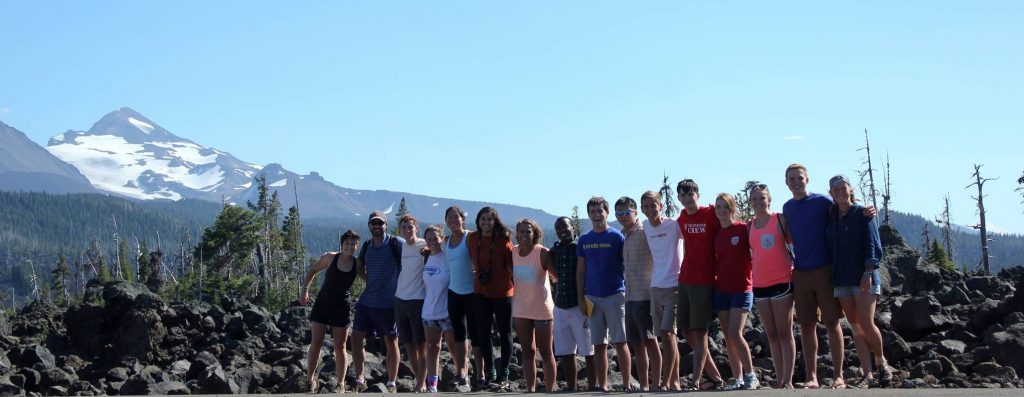What is Landscape Ecology?
To geographers, the term landscape does not refer to the tinkering we do in our gardens and yards but rather a large unit of land for the study and management of the physical environment. Landscape ecology takes into account both the spatial arrangement of the environment and how the relationships between elements of the environment change with the scale of observation. In a nutshell, it focuses on questions of space and scale and is concerned with whole ecosystems, which is one reason why it is so relevant to conservation, land use planning, and natural resource management. Because nearly all of the earth’s landscapes have been altered by human activities for some time, landscape ecology emphasizes the role of humans in the environment, and management at landscape scales frequently must balance multiple objectives associated with both cultural and natural resources. This work often requires a multidisciplinary approach. My research focuses broadly on the linkage of ecology, land-use and climate change, and environmental management.
My primary outreach activities involve working with management agencies such as the City of Richmond and National Park Service to help them be responsible stewards of the land. I also have been monitoring an area of old-growth National Forest in the Oregon Cascades for more than 20 years to trace the impact of climate change on this ecosystem. My teaching focuses on introductory and advanced applications of physical geography. This website provides examples of the research, teaching, publications and research student projects that are done in my lab.
Expertise: landscape ecology, biogeography, spatial analysis, urban heat mapping, forest community ecology
Research interests: heat islands and air quality, land use change, climate change, invasive species and forest management, monitoring design, urban and battlefield national parks

